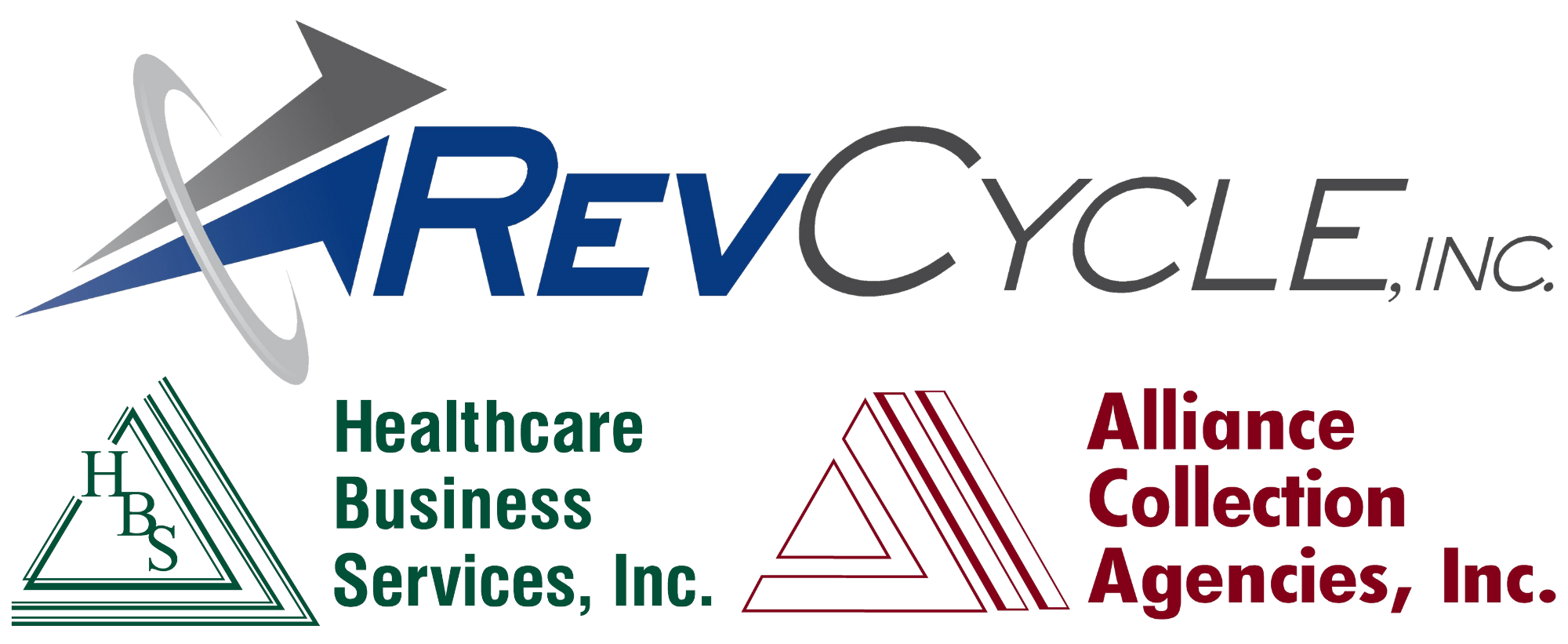Hospitals are facing a growing threat to their bottom lines, namely payer requests for information (RFI’s). A study by Kodiak Solutions shows that the denial rate from initial RFI’s has increased by nearly 9% since 2022. The increase is not due to a decrease in data quality either, with Colleen Hall of Kodiak Solutions stating: “Our analysis suggests that health insurers are using RFI denials to simply slow down claims that they ultimately will pay, just to reap the benefits of paying more slowly.”
The first five months of 2024 had $6B in claims delayed across more than 1900 hospitals, which when prorated over the year would be $14.4B, versus $11B in 2022. These delays can significantly impact a hospital’s cash flow and overall financial health. To expedite payer requests and improve reimbursement rates, hospitals can implement several strategies.
1. Invest in Technology
- AI-Powered Automation: Utilize AI to automate tasks like claim scrubbing, coding, and eligibility verification. This can reduce errors and expedite the claims process.
- Cloud-Based Solutions: Consider adopting cloud-based solutions for revenue cycle management. These can provide real-time access to patient data and improve communication with payers.
2. Enhance Data Quality & Accuracy
- Regular Data Audits: Conduct regular audits to identify and correct errors in patient data, such as incorrect insurance information or missing medical codes.
- Data Validation Tools: Implement data validation tools to ensure that information entered into the system is accurate and consistent.
- Staff Training: Provide comprehensive training to staff on data entry and coding guidelines to minimize errors.
3. Improve Communication & Collaboration
- Dedicated Payer Relations Team: Establish a dedicated team to manage relationships with payers and address their specific requirements.
- Clear Communication Channels: Ensure that there are clear communication channels between your organization and payers to facilitate timely exchange of information.
- Proactive Outreach: Reach out to payers proactively to address any questions or concerns before they become issues.
4. Implement a Robust Appeals Process
- Efficient Appeals Handling: Develop a streamlined appeals process to quickly address denied claims and request additional information from payers.
- Data-Driven Appeals: Utilize data analytics to identify patterns in claim denials and tailor appeals accordingly.
- Regular Follow-Ups: Follow up with payers to ensure that appeals are being processed promptly.
5. Leverage Industry Best Practices
- Benchmarking: Compare your hospital’s performance against industry benchmarks to identify areas for improvement.
- Continuous Learning: Stay updated on industry trends and best practices related to revenue cycle management.
- Consult with Experts: Seek advice from experts in the field to gain insights and guidance.
By implementing these strategies, hospitals can significantly improve their ability to expedite payer requests for information, reduce claim denials, and improve overall financial performance.

